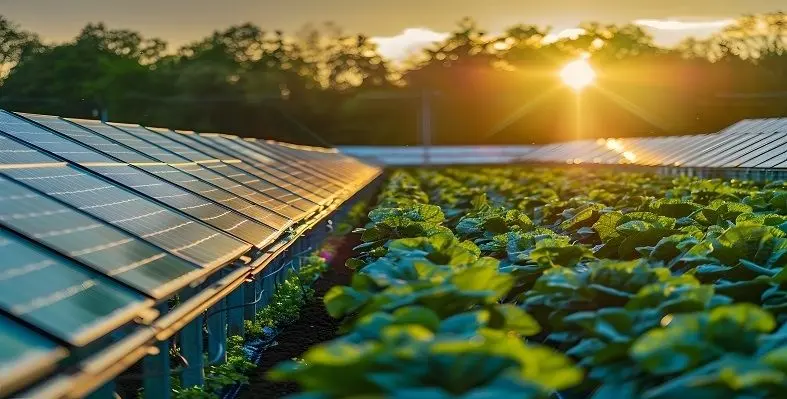Being part of the Private Infrastructure Development Group (PIDG), InfraCo Africa in a recent announcement, mentioned its signing of an agreement with Savant Group Ltd, committing US$12mn to scale SunCulture’s solar irrigation offering across sub-Saharan Africa
The investment is part of the million dollar Series B fundraise set to deliver access to Internet-of-Things (IoT)-enabled solar powered irrigation systems to hundreds of thousands of smallholder farmers by 2030.
Solar-powered irrigation systems distribution company, SunCulture offers the design, manufacture, financing, installation, and maintenance of comprehensive solar irrigation systems with safe, low-voltage DC pumps that are capable of pumping up to 1,200 litres of water per hour. The solar PV systems include sprinklers, drip irrigation and battery storage which maximise efficiency of water use.
Since a majority of water loss occurs due to evaporation, the solar PV systems works towards minimising evaporation, by enabling farmers to irrigate their land during the early hours of the morning, when evaporation is at its lowest. Moreover, it also targets individual plants, further avoiding wastage. These IoT-enabled systems include remote monitoring and predictive maintenance, with the battery systems also including domestic lighting, thus enabling farmers to charge small devices such as cellphones.
“We are pleased to be joining Savant Group Ltd.’s other Series B investors to achieve financial close for SunCulture’s latest fundraise,” said InfraCo Africa’s chief investment and risk officer, Claire Jarratt. “Alongside our investment, InfraCo Africa’s involvement will support the company to further develop its HSES and governance frameworks as the company grows and seeks to enter new markets. SunCulture’s unique approach to leveraging consumer financing and carbon credits to reduce the upfront cost of its systems for farmers also aligns well with the PIDG strategy.”
SunCulture CEO, Samir Ibrahim also emphasised the significance of their collaboration with InfraCo Africa, referring to it as an important milestone beyond the financial perspective. “It signifies a powerful vote of confidence in our vision, team, and the potential of our company. There’s a lot of work to do, and we couldn’t be more excited to build with our investors,” Ibrahim said.
Purchase and payments
Compared to the traditionally used fuel-based pump, the cost of ownership of a SunCulture pump is 40-60% lower depending on payment plans and these pumps are offered to smallholder farmers through a Pay-As-You-Grow model. SunCulture is also the first African solar water pump provider to have registered for a carbon credit programme, having its emissions reductions independently verified by VERRA, thereby reducing the upfront cost of its pumps for smallholder farmers.
“With access to irrigation, farmers can increase their yields, ensuring greater food security for themselves and their families in the face of the impacts of climate change, and increased agricultural incomes can support wider sustainable economic growth and prosperity in rural areas,” added Jarratt.





